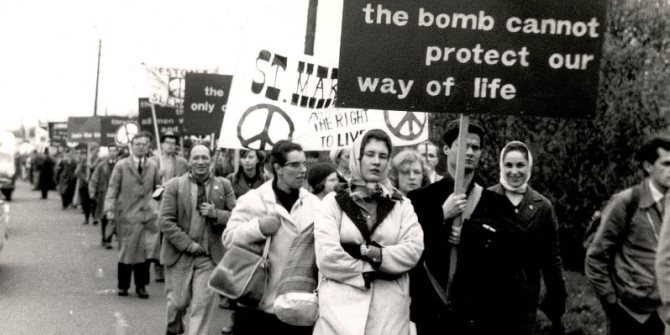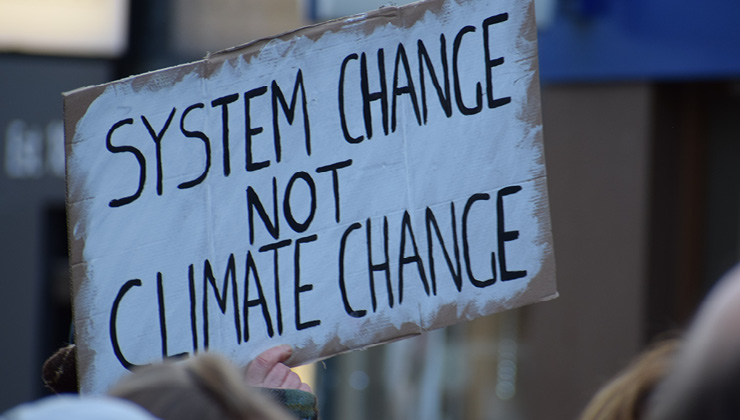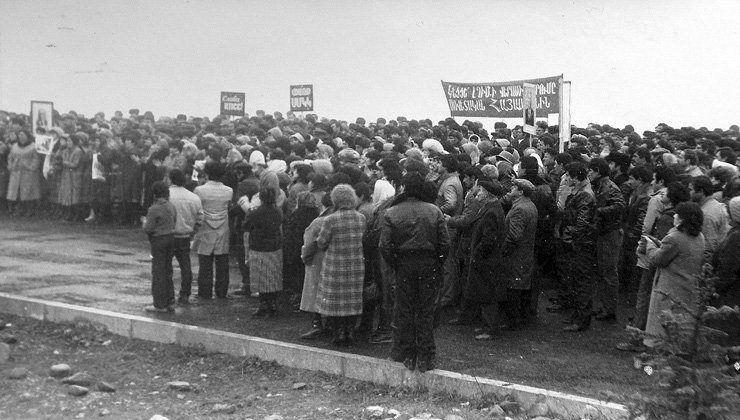Katharine A. M. Wright on how the Women, Peace and Security Agenda (WPS) has (or hasn’t) been invoked in NATO’s response to the Russia-Ukraine War, showing us why asking feminist questions of NATO is crucial to contribute to a better understanding of the alliance’s role in the global power order, in particular how it engages with and shapes ‘new’ security threats, including the Russian intervention in Ukraine.
Russia’s intervention in Ukraine seemingly caught the international community and many International Relations scholars by surprise. It has been heralded as a return to ‘realpolitik’ leading to a (re)focus on the state as the primary referent point of international politics. Yet while feminist IR scholars have made important inroads into the discipline in recent decades, demonstrating how the personal is not only political but international too, at this time of crisis we again find feminist insights marginalised from mainstream discussion of the war and its consequences (with a few notable exceptions, including work by Jenny Mathers and a subsequently postponed RUSI event).
Feminists IR scholars have much value to add to the discussion to aide our understanding of the war and its gendered impact. For example, how masculinities and femininities are invoked in constructing Russia and Ukraine in geopolitical imaginaries, the absence of women from both Ukranian and Russian negotiation delegations, or in the gendered silences of just who is seen to fight/be protected in Western media coverage, to name just a few of examples. However, the purpose of this blog is to focus on the implications of the war for NATO through a feminist lens.
Feminist IR scholars’ primary concern with NATO stems from a premise that it functions as an institution of international hegemonic masculinity. This has included a focus on how NATO shares lessons on the value of the Women, Peace and Security (WPS) agenda and a gender perspective, constituting both through a militarist lens, even if gender work often remains under resourced and not fully utilised within the alliance and its operations. Feminist IR scholars have also examined how gendered narratives are invoked to shape NATO, its value, and purpose, both internally through storytelling and the interactions of ‘gendermen’ (and women) and externally through the projection and reception of strategic narratives.
The value of women, and more recently gender perspectives, to the alliance is nothing new and NATO has long been concerned with the integration of women into its armed forces in relation to balancing ‘manpower’ shortages and supporting operational effectiveness. More recently, in 2019, NATO Secretary General Jens Stoltenberg stated that “Gender equality is an integral part of all NATO policies, programmes and projects”
Likewise, the NATO/EAPC Policy and Action Plan on WPS makes it clear that “NATO aims to address gender inequality and integrate WPS through the Alliance’s three core tasks of collective defence, crisis management and cooperative security [emphasis author’s own]”. Even if ‘nations have the primary responsibility’ in respect to collective defence, it is these nations which makeup NATO and agree its response, they are therefore responsible for ensuring “the provision of trained troops and experts on gender issues, as well as a better gender balance in NATO-led forces depend entirely on national decisions”. The NATO WPS policy has “encouraged [member and partner states] to make WPS an integral part of their defence and security.” The test of whether they have or not comes now.
Despite such a commitment, we have yet to see NATO, or its members or partners, articulate the relevance of gender in their response to the Russian intervention in Ukraine. While there remains a lot we don’t know about NATO’s reaction, we would expect, if it were in place, for NATO to have made the case for the relevance of a gender perspective publicly. If the response to Russia’s actions has seen NATO return to its Article 5 collective defence founding purpose, it has also, yet again, drawn attention to the disjuncture between the rhetoric and reality of NATO’s commitment to the WPS agenda. This also further undermines and demonstrates the hollowness of recent calls for NATO to adopt a Feminist Foreign Policy.
If the response to Russia’s actions has seen NATO return to its Article 5 collective defence founding purpose, it has also, yet again, drawn attention to the disjuncture between the rhetoric and reality of NATO’s commitment to the WPS agenda.
As feminist IR scholars, we should be asking not only where are the women but where are the gender advisors and where is the gender expertise? Is the NATO Special Representative on Women, Peace and Security being included in all high-level discussions? Are Gender Advisors being deployed with the NATO Response Forces? Has a gender perspective been incorporated into NATO’s strategic communications? Is a gender perspective being included in all decision-making processes? Has a gender perspective been part of the briefings at the NATO extraordinary meetings on Ukraine? Which (if any) member and partners states (including those with Feminist Foreign Policies, such as Canada, France, Germany, Sweden, Luxembourg and Sweden) are raising NATO’s commitments under WPS as something to be taken into consideration at these meetings? And what gender expertise are they contributing substantively? Moreover, given in the last decade NATO has begun engaging civil society formally on its WPS work, we must ask where are their voices and perspectives now?
This short contribution has sought to raise questions and provocations related to the WPS agenda and how it has (or hasn’t) been invoked in NATO’s response to the Russia-Ukraine War. It has also demonstrated that feminist knowledge and attention to NATO is needed now more than ever. It is just one take, and there remains more than one feminist perspective on NATO, while feminism remains a broad school, even if feminist IR scholars remain united by a commitment to emancipatory praxis. It has shown how, even at times such as these, we need to make space to hear voices outside of the mainstream discourse, which might make us uncomfortable or challenge the accepted status quo, because doing so keeps alive the possibility that another world is possible. Asking feminist questions of NATO specifically can contribute to a better understanding of the alliance’s role in the global power order, in particular how it engages with and shapes ‘new’ security threats, including the Russian intervention in Ukraine.
The views, thoughts and opinions expressed in this blog post are those of the author(s) only, and do not necessarily reflect LSE’s or those of the LSE Centre for Women, Peace and Security.
Image credit: Flickr (CC BY-NC-ND 4.0)





